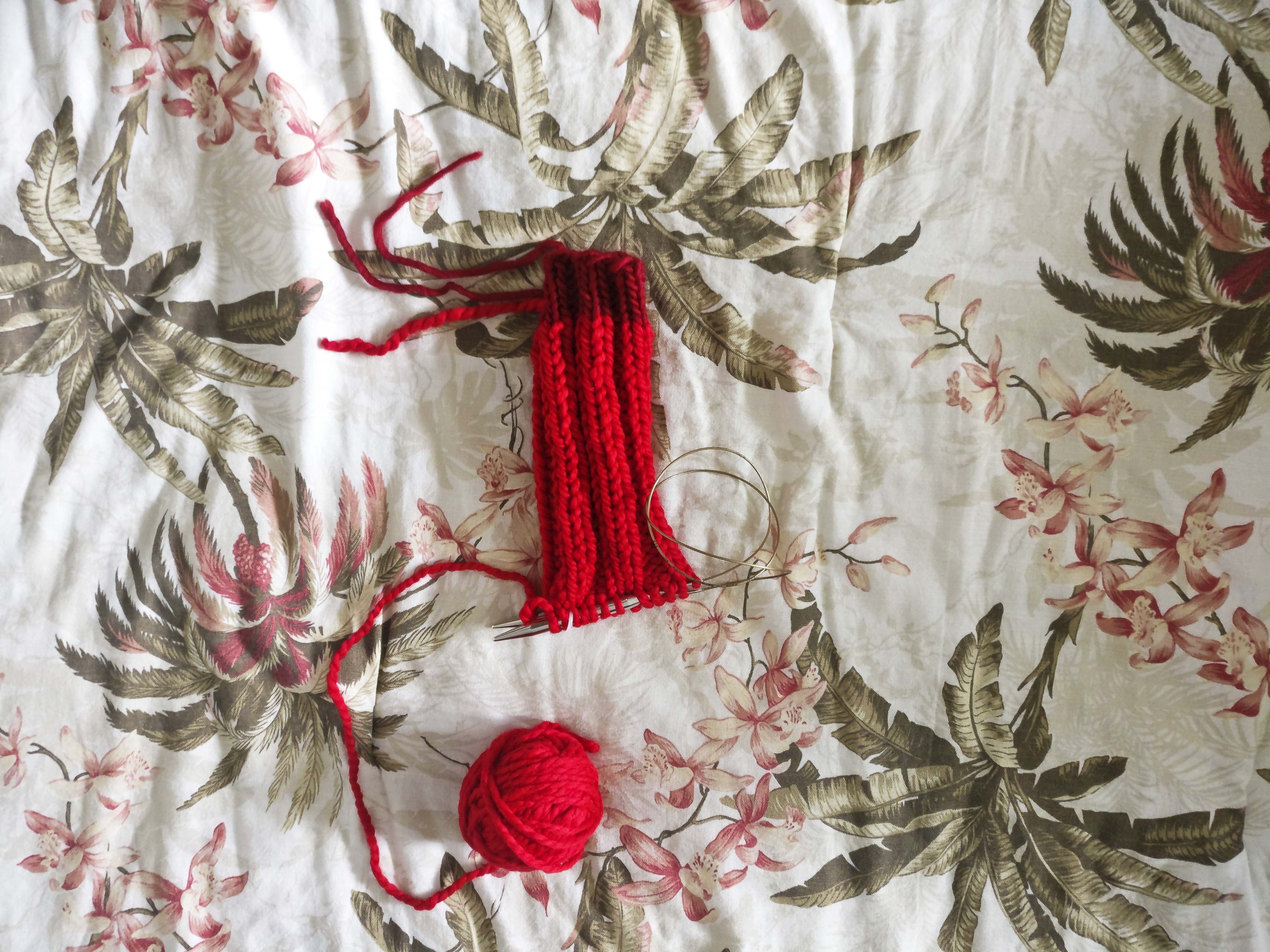
Happiness is the popular bug, no? Everyone wants to catch it. But even the happiest human would eventually suffer bursts of sadness. So two questions: What is sadness and what does one do with their sadness?
Of late, there lives within me a sadness that is softly palpable but acute on certain days. I have been meditating on my emotions and wishing there was someone, a friend!, I could talk to without scaring them, burdening them, or making them feel the need to comfort me and eagerly assure me of my approaching happiness. And perhaps I wouldn’t be so lonely if I could just find some real solitude to let my muddy waters settle but I am surrounded by people who do not understand my perspective on things and find my thoughts uncomfortable to listen to.
What is sadness? I just finished reading for the first time Tanizaki’s “In Praise of Shadows”––I look forward to re-reading it––and since I am in the grasp of sadness, can’t help comparing sadness to shadows. Really, is not sadness shadows? And as Tanizaki expresses that the aesthetics of shadows are not easily apprehensible, is that not true of sadness as well? Is not the desire to chase away every shadow comparable to the desire to chase away every bout of sadness? As the light suggest all is visible, comprehensible, and makes one feel there is nothing to fear, so too the shadows keep one on edge and only the one who has courage to encounter and entertain monsters can keep their calm in it and learn to love its values. But what is a happiness that never gives in to sadness or arise from sadness or is never tinged with sadness? Is such shallow happiness of much worth? I don’t want it!
In Letters to a Young Poet, Rilke aligns sadness with faith and says “People…will also gradually come to realize that what we call fate does not come into us from the outside, but emerges from us. It is only because so many people have not absorbed and transformed their fates while they were living in them that they have not realized what was emerging from them…The future stands still, dear Mr. Kappus, but we move in infinite space.” These words have encouraged me to see my sadness as valuable: a currency for the future. Thus ask of your sadness, from whence do you spring, what is your composition, what do you want of me and how do I invest you?
The holidays are approaching and it doesn’t seem to me terribly unlucky to go to, and through the festive days in somber spirits. Is not the ability to feel, lucky? Is not the ability to entertain shadows and know its beauty a blessing? Wouldn’t my sadness inspire a different shade of beauty and happiness in my holidays?
What is sadness? Isn’t it the cry of the unconscious breaking, illegibly, into consciousness? How do you entertain sadness? Isn’t it through hospitality? Ask of its origin, ask that it shares only what it is comfortable to share. Give it space but stay close enough so it doesn’t feel abandoned. And do not ask it to leave or make it feel that it needs to leave when it is not yet ready to check out. How do you invest in your sadness? Wear it as a lens to look at your world and try to find and appreciate the somber beauty and wisdom it offers.
Here is my conclusion: I came to read David Sulz’s translation of Miyazawa Kenji’s poem a few months ago when I was generally cocooned in mild joy and it brought tears to my eyes. I agreed with it wholeheartedly. Now I read it again and again it brings tears to my eyes but I disagree with some of its points: what is wrong with being defeated by the elements? Why must one always win against something? Why can one not find victory, relief, comfort in defeat? Can I not celebrate the rain that defeats me? Can I not celebrate my defeated self? Is not defeat a worthy side of victory? Is not defeat the shadows behind the light? Is it not arrogant to always put others before me? Should I run to a sick child even if I am sicker than them?
In the above paragraph I use language of Sulz’s translation, including the title, to refer to Kenji’s poem. I suppose Sulz’s translation reads smoother and seems to generate meaning faster but I am providing below Hiroaki Sato’s translation because I find it preferable and sympathetic to my current sadness.
November 3rd
Miyazawa Kenji
Tr. Hiroaki Sato
neither yielding to rain
nor yielding to wind
yielding neither to
snow nor to summer heat
with a stout body
like that
without greed
never getting angry
always smiling quiet-
ly
eating one and a half pints of brown rice
and bean paste and a bit of
vegetables a day
in everything
not taking oneself
into account
looking listening understanding well
and not forgetting
living in the shadow of pine trees in a field
in a small
hut thatched with miscanthus
if in the east there’s a
sick child
going and nursing
him
if in the west there’s a tired mother
going and carrying
for her
bundles of rice
if in the south
there’s someone
dying
going
and saying
you don’t have to be
afraid
if in the north
there’s a quarrel
or a lawsuit
saying it’s not worth it
stop it
in a drought
shedding tears
in a cold summer
pacing back and forth lost
called
a good-for-nothing
by everyone
neither praised
nor thought a pain
someone
like that
is what I want
to be
– – –
Jane
Jun’ichirō, Tanizaki. In Praise of Shadows. Trans. Thomas J. Harper and Edward G. Seidensticker. ME: Leete’s Island Books, 1977. Print.
Miyazawa Kenji. A Future of Ice: Poems and Stories of a Japanese Buddhist. Trans. Hiroaki Sato. SF: North Point Press, 1989. 215-6. Print.
Rilke, Rainer Maria. Letters to a Young Poet. Trans. Stephen Mitchell. NY: Modern Library, 2001. 85-6. Print.


